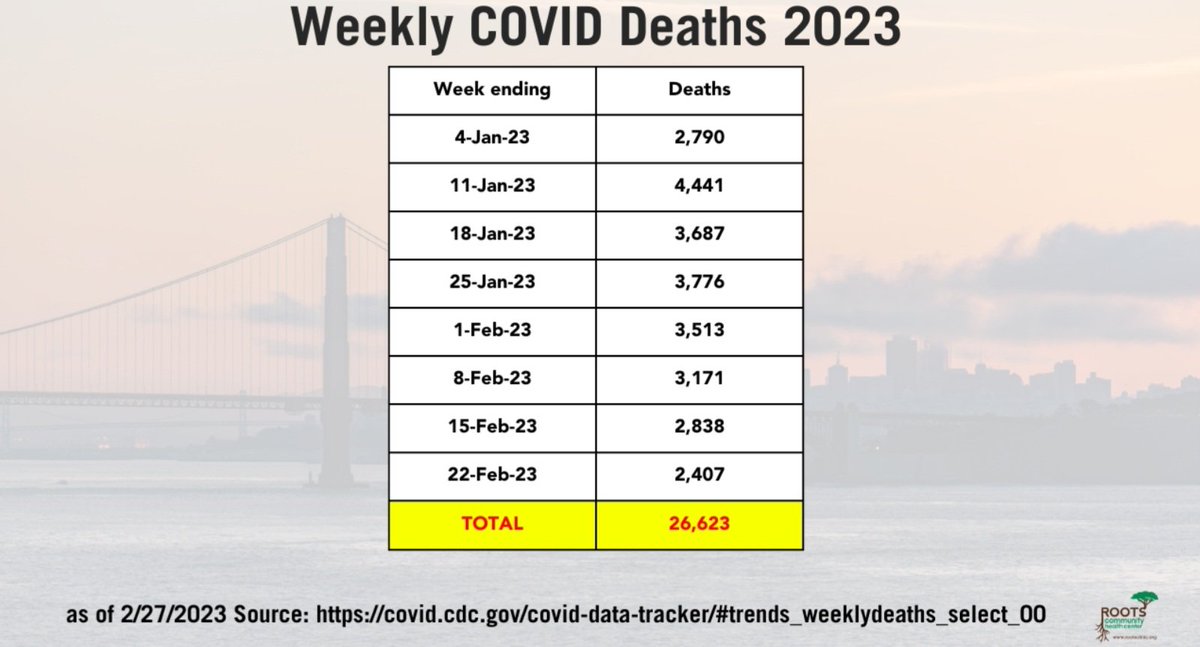
Good morning #Oakland! Today City Council votes on whether to extend masking in public facilities, including senior centers, libraries and city hall. Oakland community physicians and leaders sent this letter supporting the extension to preserve safe access and engagement for all. 

The reso also makes K/N95s available to those who need them!
Thank you for your leadership and caution, esp for those most vulnerable, as we continue to navigate the pandemic.
@Kaplan4Oakland @DanKalb @KevinJenkinsoak @nikki4oakland @Janani4Oakland @carroll_fife @TrevaReid6
Thank you for your leadership and caution, esp for those most vulnerable, as we continue to navigate the pandemic.
@Kaplan4Oakland @DanKalb @KevinJenkinsoak @nikki4oakland @Janani4Oakland @carroll_fife @TrevaReid6
This resolution is being discussed now, finally. Extension would be to July 1. Awesome public comment by the good people at @sdaction1!
Yayy! The resolution passed! 5 ayes and 1 (rather confusing) no. Masks will continue to be required in public areas, and filtration masks will continue to be provided for free! #Oakland continuing to lead the way!
• • •
Missing some Tweet in this thread? You can try to
force a refresh





